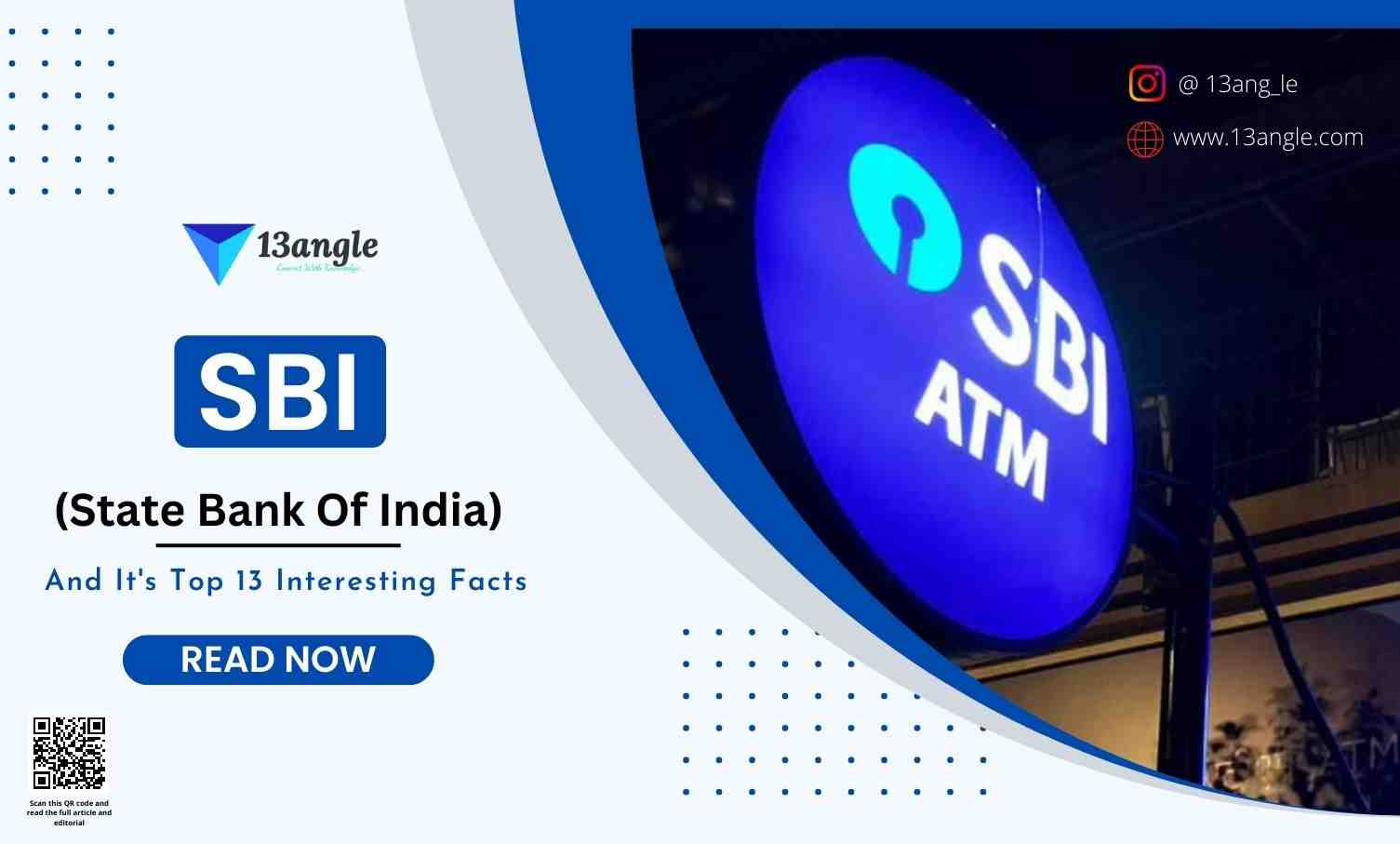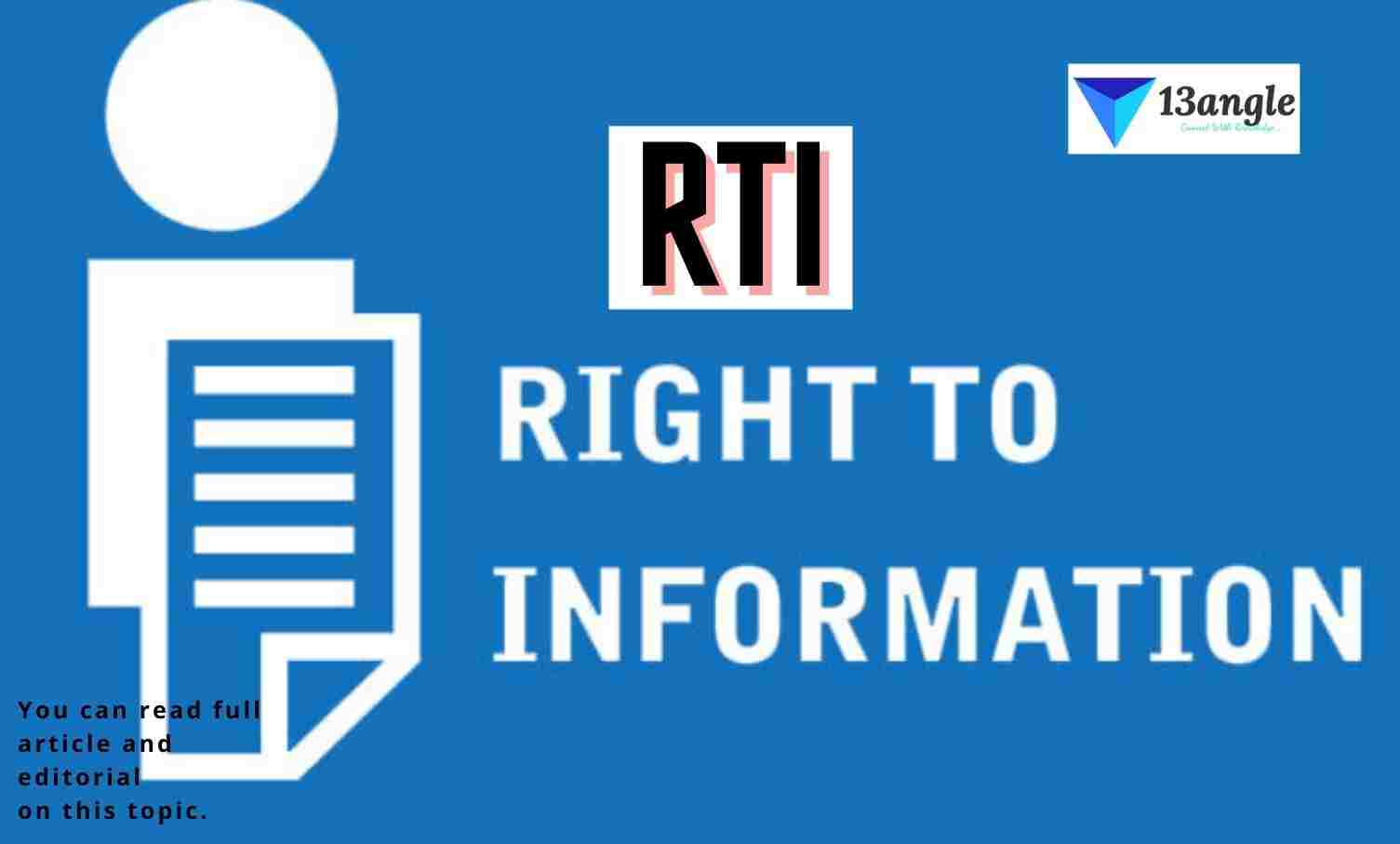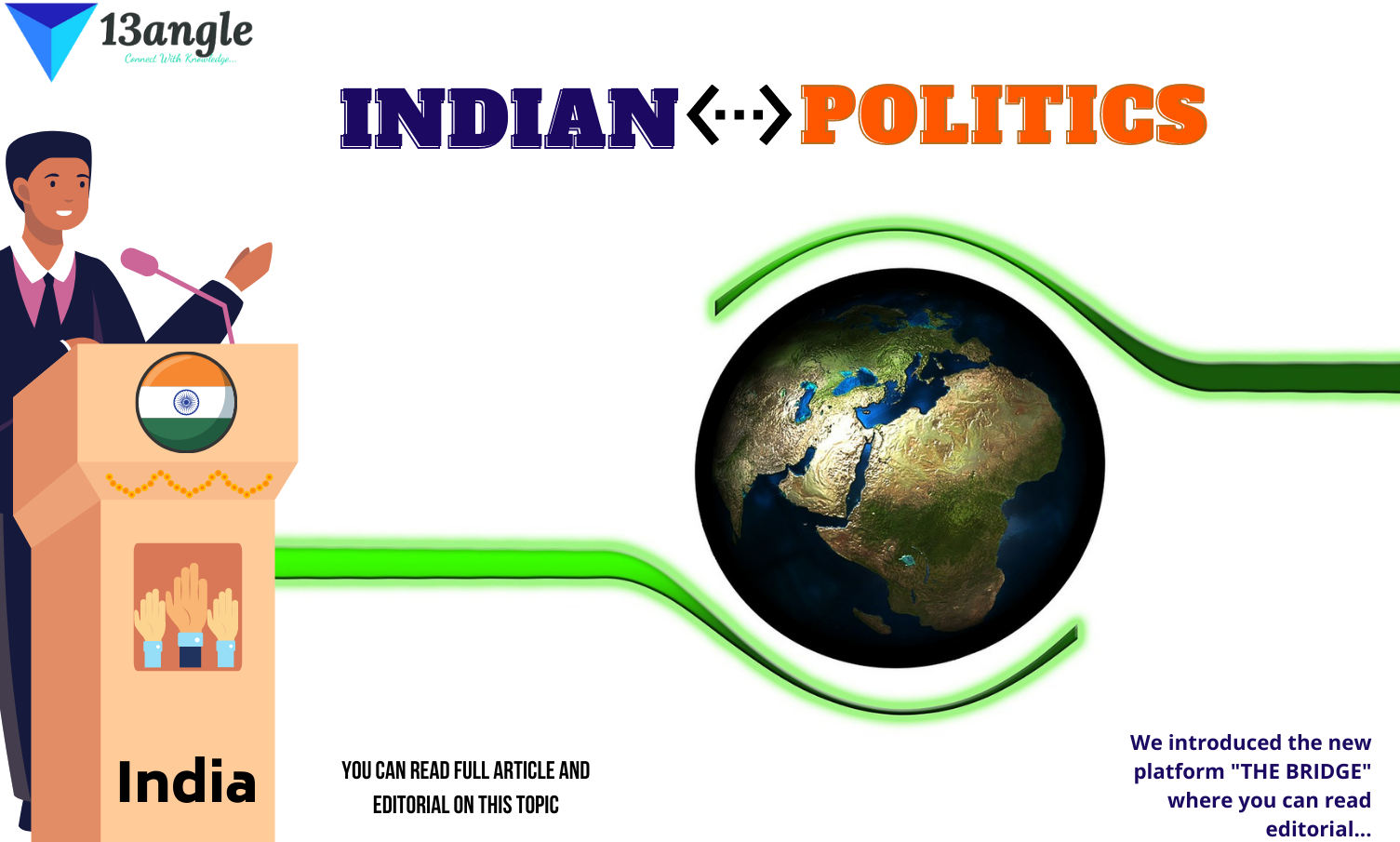
Background
Before the introduction of the POCSO Act, 2012, the only law in India aimed at protecting the rights of the child was the Goa Children’s Act, 2003, and the Laws, 2004. Under the Indian Trade Code, 1860, child sexual abuse became a crime. A case under Sections 375, 354, and 377. These principles do not protect boys from sexual abuse and do not protect their dignity. Also, definitions of terms such as ‘modesty’ and ‘unnatural offense’ are not provided in the Code.
Due to the scarcity of any particular law, it was important to establish a law that would directly address the growing problem of child sexual abuse in the country. Through the efforts of various NGOs, activists, and the Department of Women and Children Development, the POCSO Act, 2012 came into effect on 14 November 2012.
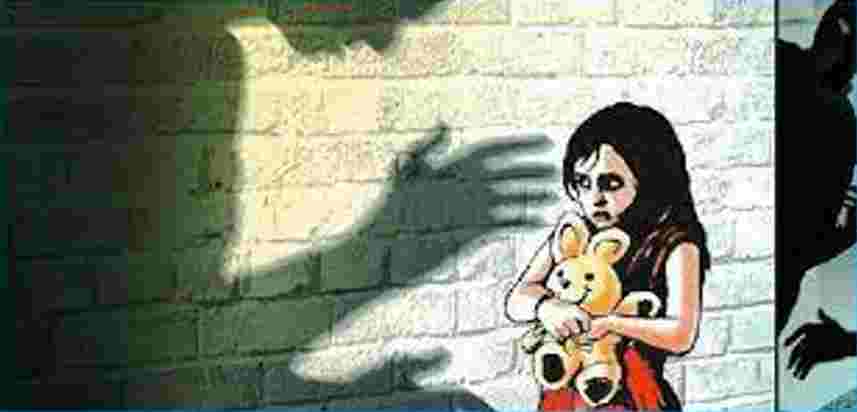
The POCSO Act, 2012 was enacted to protect the interests of children. The POCSO Act, 2012 usually protects a child from sexual offenses. This practice is not gender-neutral and we see girls and boys as victims of sexual violence.
In addition, this action was necessary as the Indian Trade Code was not sufficient to deal with Sexual Harassment, Sexual Offenses, Pornography, and Sexual Violence against Boys and Children. The IPC does not explicitly recognize this crime. POCSO was also needed as the criminal process reported under the IPC is strong. Such a procedure is not appropriate for the child. Even an adult is afraid to visit the court when he is called to appear in court; such a situation would be extremely difficult for the child.
Introduction
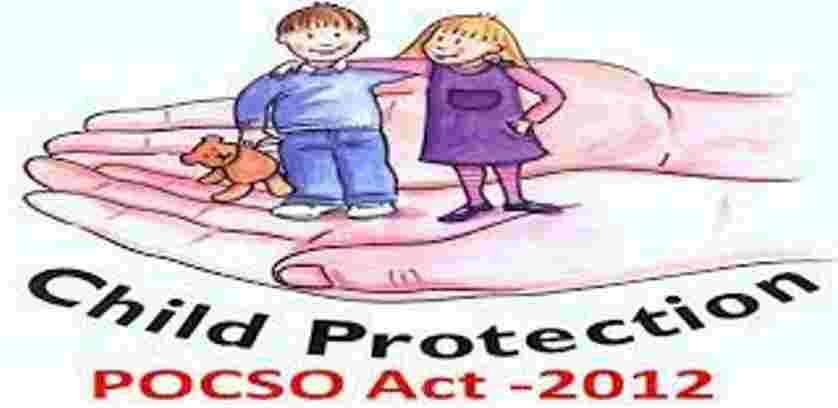
The POCSO Act, 2012 came into effect on 14 November 2012, with the Laws enacted thereafter. The law is a comprehensive law enacted to protect children from many sexual offenses such as sexual assault, sexual harassment, and pornography while protecting the interests of the child at all stages of the judicial process by introducing a child-friendly approach to reporting. , the recording of evidence, the investigation, and the speedy trial of special courts.
This law defines a child as any person under the age of 18 years. It describes different types of sexual offenses, including intruders and intruders, and even sexual harassment and pornography.
The law considers sexual harassment to be ‘serious’ under certain circumstances such as harassment by a family member or someone in a position of trust or authority such as a teacher, doctor, or even a police officer.
It imposes a stern penalty for the most part. Maximum life imprisonment and fines. The Indian Penal Code’s (IPC) Section 44 (1) of the Special Children’s Act provides that the National Commission for the Protection of the Child (NCPCR) and the State Commission for the Protection of the Child (SCPCR) monitor the implementation of the provisions.
The law sets the tone for the gender-neutral legal process for any abused children. It is also an obligation to report an obligation imposed under Article 19. Last year, the government introduced a new set of POCSO Rules.
The Child Protection Act on Sexual Offenses is a comprehensive practice that came into effect in November 2012. The Department of Women and Child Development introduced this practice. Best known as the POCSO Act, the law deals with child-related offenses. This act addresses serious crimes and protects the child from sexual abuse, exploitation, and pornography.
The beating of this act has increased the level of reporting of sexual crimes against children. The POCSO Act, 2012 sets out the penalty for exposing children to any form of a sexual offense. The punishment of the POCSO Act is strong and includes all forms of sexual harassment.
POCSO Act 2012

Features of the POCSO Act:-
- The law defines different types of cases, cases involving touch, touch, intrusion, pornography, etc., in detail and does not exclude any type of offense.
- The law also defines a person under the age of 14 as a child.
- The law also has the effect of compensating the victim.
- Only the POCSO Court has jurisdiction to deal with an action-related matter.
- The INNOCENT TILL PROVEN GUILTY policy does not apply to a matter relating to the POCSO Act, 2012. Once a complaint has been lodged in this case, it is presumed that he intended to commit a sexual act.
- There is a procedure for children.
- If a child is abused at home, it will be removed by the Child Welfare Commission for care and protection.
The magnitude of the problem of child sexual abuse in India
The problem of child sexual abuse is far more serious than any other crime. There is no such day when a single case of child sexual abuse can be reported in India. There was a report in 2007, which is a study on women and child development. According to the report, 53.2% of children have experienced more than one form of sexual abuse. Of this, 53.2% of children, 52.94% are boys.
Abusers are usually people who know the child well and who are in a position of trust and responsibility. In such a case, the cases are usually not reported, or even the child’s parents are unaware of the situation.
In addition, the National Crime Reports Bureau released a report in 2018. The report says the number of reported rape cases was 21,605, and the number of cases is much higher.
- What’s worse is that the number of reported cases is less than the number of cases per day. And the situation worsens as the perpetrator is loyal and close to the child’s family.
Offenses And POCSO Act Penalty

The punishment of the POCSO Act is very severe, and after the 2019 amended act, the punishment is even more severe. Punishment of the POCSO Act is the limit of long-term imprisonment, as well as a fine.
Section 3 of the POCSO ACT: Sexual Assault.
Section 3 of the POCSO Act of 2012 covers the penetration of any object or body part into any part of the genitals or mouth of a child. It includes the abuse of any part of a child’s body or the infiltration of a child into another person’s body or even the body of a sinner.
Section 4 of the POCSO Act of 2012 provides for the punishment of Sexual Assault. In the case of gross sexual assault, the offender is punished with imprisonment for not less than ten years, and that could lead to imprisonment. That minimum sentence can be up to 20 years, up to a maximum sentence of life imprisonment if the child is under 16 years of age.
Section 5 of the POCSO Act: Intimate Sexual Assault becomes a Severe Sexual Assault.
- According to Section 5 of the POCSO Act of 2012, Internal Sexual Assault into Sexual Assault is as follows:
- Where the perpetrator or abuser is any person in authority or the place of trust of the victim
- There is a blood relationship between the sinner and the abuser.
- The victim becomes pregnant.
- The child is injured.
POCSO LAW Punishment provides for under this section a minimum penalty of 10 years which may extend to life imprisonment with a fine.
Section 7 of the POCSO Act: A Case of Sexual Harassment.
According to Section 7 of the POCSO Act of 2012, when the abuser strokes the child’s genitals or vice versa, he or she is said to have been sexually abused. The sexual offense is based on touch and includes the sexual intent of the offender.
POCSO Act Penalty under section 7, provided under section 8, a minimum of 3 years imprisonment which may exceed 5 years, and a fine.
Section 9 of the POCSO Act: Sexual Offenses are on the rise.
According to Section 9 of the POCSO Act of 2012, an act becomes more serious or non-existent depending on the relationship between the victim and the offender. It also depends on the nature of the beating and the impact of the beating.
Section 10 includes the punishment of the POCSO Act for an offense committed under section 9 of the Act. According to this section, a case under section 9 is punishable by imprisonment for any term not less than five years and may be extended up to 7 years with a fine.
Section 11 Of The POCSO Act: Sexual Harassment

In terms of Section 11 of the POCSO Act, if a perpetrator shows or shares any form of sexual content to a victim with a message or any other form of communication, he or she is said to have committed a sexual offense. It also includes verbal or physical abuse. A case of sexual harassment is not based on touch and sexual intent is required in that case.
The POCSO Act penalties under section 11 of the Act are provided for under section 12. In terms of section 12 of the Act, a penalty includes imprisonment for a term not exceeding three years and a fine.
Section 13 Of The POCSO Act: Using Child For Pornographic Purpose
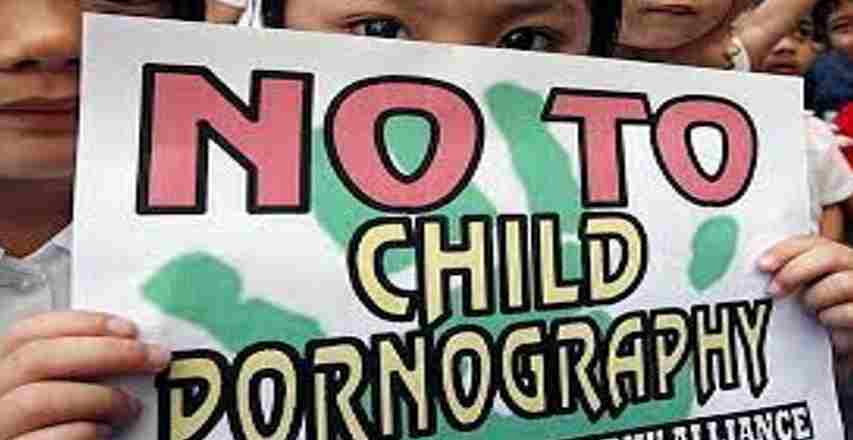
- Section 13 of the POCSO Act defines the activities of a child for sexual acts. If the child becomes accustomed to any form of media for sexual gratification, then the child abuser is considered a sinner in this category. Sexual gratification means and includes:-
- Representation of the child’s genitals
- Using a child to perform real or imagined sex that can or will not enter.
- Inappropriate or obscene representation of the child.
- Punishment of the POCSO Act for such acts is provided under Section 14. Section 14 of the Act provides for the punishment of a lawmaker in various cases for the use of a child for pornography. The punishment is as follows:-
POCSO Act Penalty for an offense committed under section 13: a penalty provided for under section 14 (1) is imprisonment for any term that may exceed five years and a fine. If a person is guilty of repeated wrongdoing, such imprisonment can be up to seven years and a fine.
POCSO Act Punishment of a child used for pornography work and committing an offense under section 3 of the POCSO Act. In such a case, the penalty imposed by the act is imprisonment for at least two years which may extend to life imprisonment with a fine.
POCSO Act Punishment of a child used for pornography. The case is being prosecuted under section 5; then, the defendant is punished with severe imprisonment and a fine.
POCSO Act Punishment for a child used for pornography and made under section 7. The defendant is punished with any form of imprisonment for a minimum of six years, which may exceed eight years, and a fine.
The POCSO Act Punishment of a child used for pornography and made under section 9. The defendant is liable to any form of imprisonment for a term of at least eight years, up to ten y, ears, and a fine.
Also, retaining any material related to pornography involving a child is a punishable offense under the POCSO ACT, 2012. POCSO ACT The penalty for such an offense may be imprisonment for any term of up to three years with a fine or both.
Section 16 of the POCSO ACT: Consent to commit an offense.
Section 16 Of The POCSO Act Of 2012, A Person Is Said To Be Liable To Prevent The Following Offenses:

- If the legislator encourages any person to commit any crime.
- If the perpetrator is involved with any other person or persons in the criminal conspiracy,
- If the lawmaker deliberately assists any illegal act or omission.
For all these acts of defense and attempted offense, the penalty is imposed under sections 17 and section 18 of the POCSO Act.
The POCSO Act under section 17 provides for a penalty for avoiding and attempting to commit a crime under section 18.
Abetment is punished with the same punishment as sin.
- In the event of an attempt to commit an offense, the person receives a half-penalty for the offender.
Punishment For False Reporting Of Cases
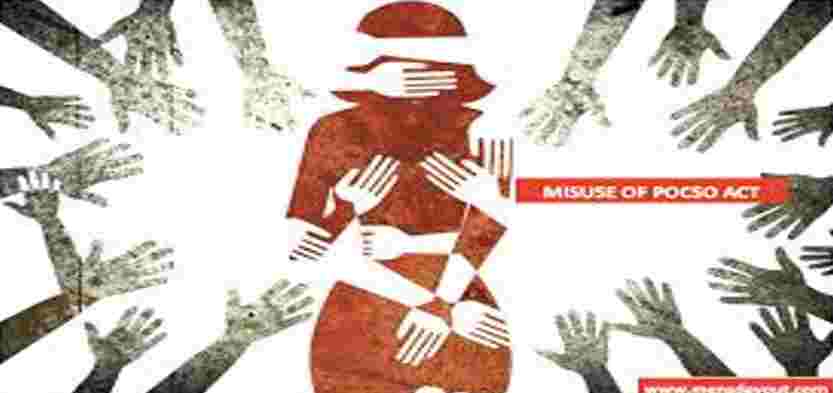
The POCSO Act Punishment is provided for the reporting of false charges relating to child sexual abuse.
Section 22 of the POCSO Act of 2012 provides for that punishment.
In terms of section 22 of the POCSO Act of 2012, if any person makes a false complaint or provides false information related to any offense under sections 3, 5, 7, or 9 to degrade, intimidate, or degrade that person, then has committed an offense under section 22. The person is liable to imprisonment, which may be up to six months imprisonment or both.
However, if a person provides false information about a crime against a child and knows that the information is not true but abuses the child by providing such information, in this case, the POCSO Act Penalties up to one year and a fine or both.
Under this section, if a child makes false information, there is no penalty under the POCSO Act Punishments.
Offenders Under POCSO Act
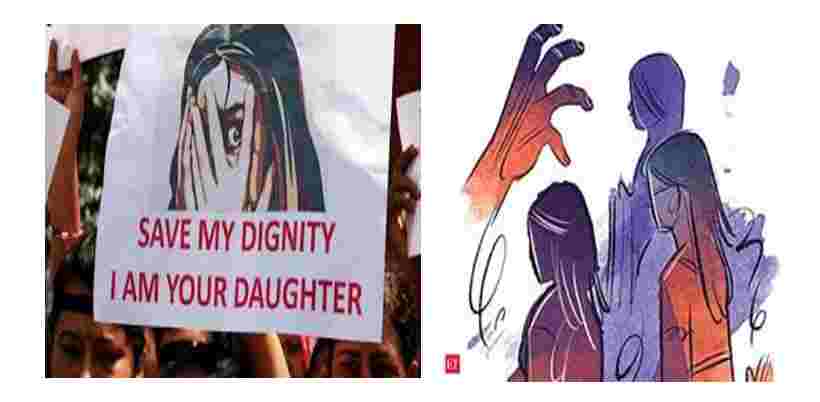
POCSO ACT Punishment is provided for both men and women as the act is gender-neutralSimilarly, both men and women can commit an offense under the POCSO Act.
The following may be an offense under the POCSO Act:
- A relative of the child
- A public servant
- Police officers, members of armed or security forces
- Supervisors or employees of a prison or detention center
- Management or member of a hospital, educational institution, or religious institution
- Owner or management or staff of a child care center.
- Any person in a position of trust or authority (e.g., a neighbor, maid, employee)
- Child
POCSO (Amendment) Act, 2019

The following amendments were introduced under the POCSO Act, 2012, by the POCSO (Amendment) Act, 2019:-
Section 2 (Definitions) amended to include definitions of child pornography;
Section 4 (Oral Sexual Offenses Penalty) has been amended to increase the number of punishments from a minimum of seven years to 10 years, and a minimum of 20 years for a child under the age of 16;
Section 5 (Intense Intensive Sexual Assault) has been amended to include oral sexual abuse during a natural disaster with the same conditions as depression and child mortality;
Section 6 (Intensive Sexual Offenses Penalty) has been amended to increase the minimum sentence from 10 years to 20 years and introduce the death penalty as an option;
Section 9 (Severe Sexual Harassment) was amended to include strikes during natural and man-made disasters. The punishment imposed on those who give any type of chemical/hormone to seduce premature sexual maturation of a child for abuse;
Section 14 (Penalty for Child Use for Pornography) has been amended to increase the penalty to five years and to comply with the IT Act, 2000;
Section 15 (Penalty for possession of child pornography) has been amended to impose a fine (Rs 5,000 / – for the first time, Rs 10,000 for the second time) for not reporting child pornography, which may be extended to prison if such material is distributed. If the property is used for commercial purposes, then the minimum penalty will be imprisonment for a period not less than three years which may exceed five years, or a fine or both and in the case of a second or subsequent sentence of imprisonment for a period, not less than five years not exceeding seven years.
Section 34 (Procedure in the case of the Commission the case of a child and the determination of the age by a special court) has been amended to ensure compliance with the JJ Act, 2015;
Section 42 (Other Penalty) amended to adopt an amendment made in terms of the Criminal Law Amendment Act, 2018;
- Section 45 (Legislative Powers) has been amended so that there may be successive amendments subject to the amendments to subsections (1) and (2) of Section 15.
Three Major Steps Taken In The Rules:-
Any child housing canter or your regular contacts are required from time to time to make a police verification and check the website of each child contact canter.
The center must provide specialized training regularly to inform its staff of the safety of children and their protection.
Most importantly, it must adopt a child protection policy based on the principle of zero tolerance for violence against children.
Conclusion
The POCSO Act, 2012 is a comprehensive law that aims to cover all aspects of child sexual abuse. An amendment was made to the Act on the Protection of Children in Sexual Offenses (Amendment) of 2019, where the penalties for these offenses were made more severe.
The need for this period is to raise public awareness about child sexual abuse so that they do not hesitate to report these cases. In addition, investigative agencies should be well-trained and professionals such as doctors involved in the investigation and prosecution stages should work well to leave any negligence on their side. The POCSO Act has already made the process more child-friendly and this approach should be followed by justice officials, magistrates, and the police so that child victims can lose trust.
Top 13 Interesting Facts About POCSO Act
Under the Indian Penal Code, 1860, child sexual abuse accounted for an offense under Sections 375, 354, and 377.
the punishment provided under section 14(1) is imprisonment of either description for a term which may extend to five years with a fine.
child as ‘any person below the age of 18 years, the POCSO Act sets a gender-neutral tone for the legal framework available to child sexual abuse victims.
penetrative sexual assault the minimum punishment prescribed under POCSO is 7 years of imprisonment.
under IPC prescribes a punishment of 10 years (if a woman is between 16-18 years) or 20 years (if a woman is under 16 years of age).
The POCSO Act is only applicable to child survivors and adult offenders.
In case two children have sexual relations with each other, or in case a child perpetrates a sexual offense on an adult, the Juvenile Justice (Care and Protection of Children) Act, 2000, will apply.
There is no provision per se to withdraw a case under POCSO as these are non-compoundable offenses.
It is gender-neutral. It makes the reporting of abuse mandatory. It makes the recording of sexual abuse mandatory. It lists all known types of sexual offenses towards minors.
The POCSO Act defines sexual assault, sexual harassment, pornography, and the protection of children’s interests.
It also establishes a child-friendly procedure for recording evidence, investigating and prosecuting offenses, establishing special courts, and expediting case trials.
Sexual abuse scars the psyche of the affected child for their entire life. A child who is sexually abused has to face very serious consequences such as cognitive impairment, violent and risky behavior including depression and anxiety.
Any person in charge of an institution who fails to report the commission of a sexual offense relating to a subordinate is liable to be punished.



